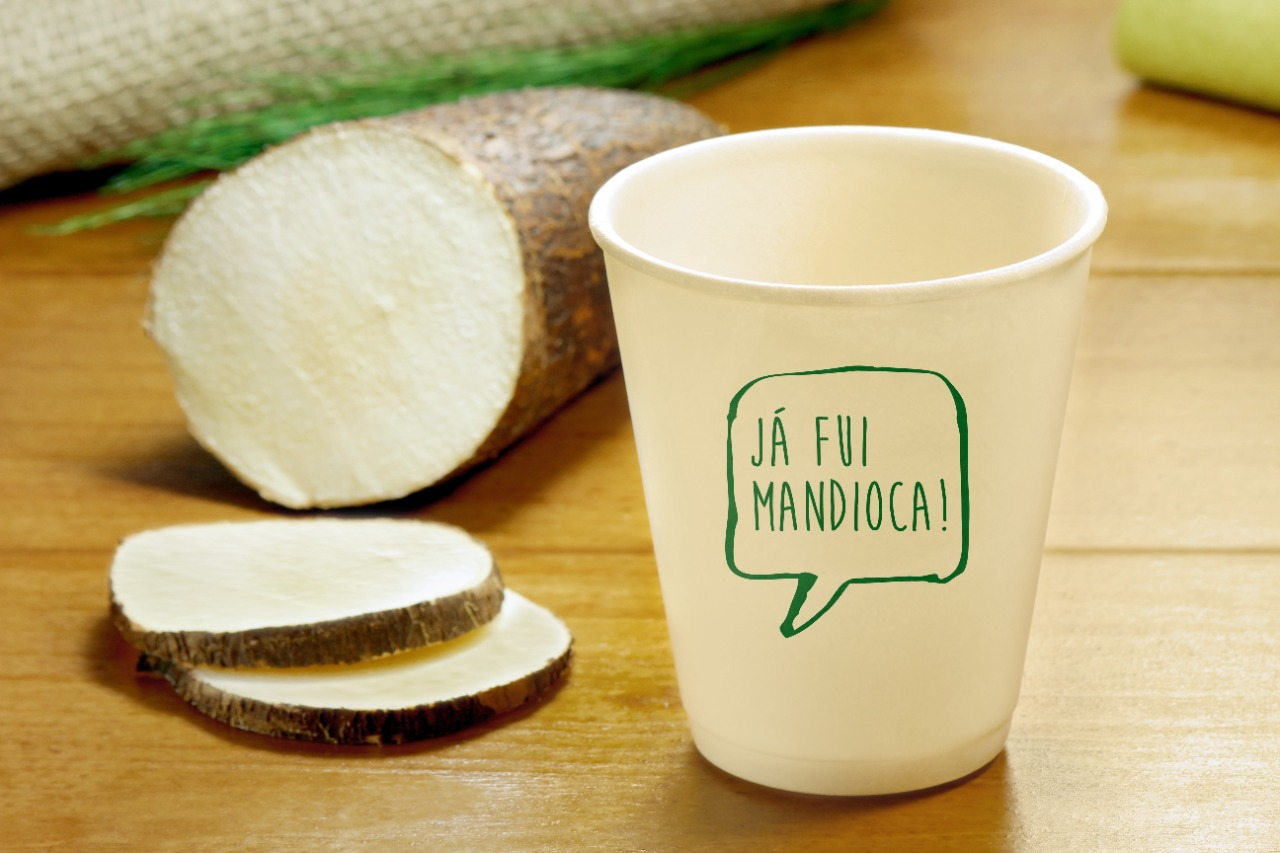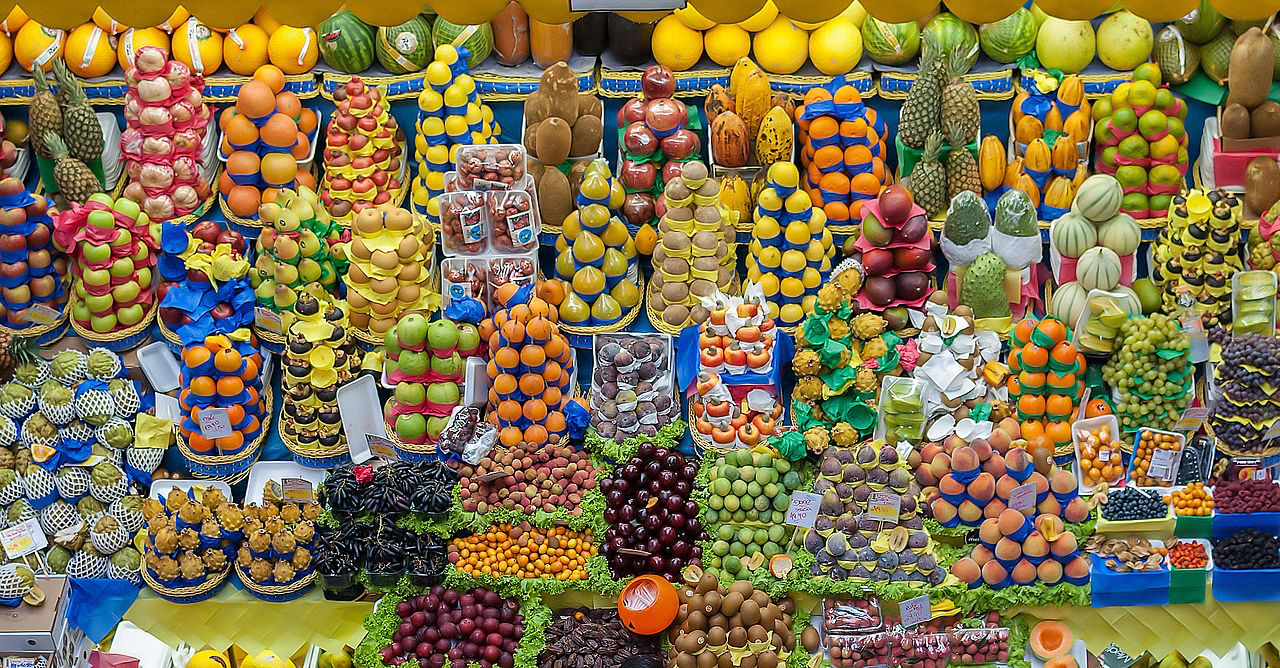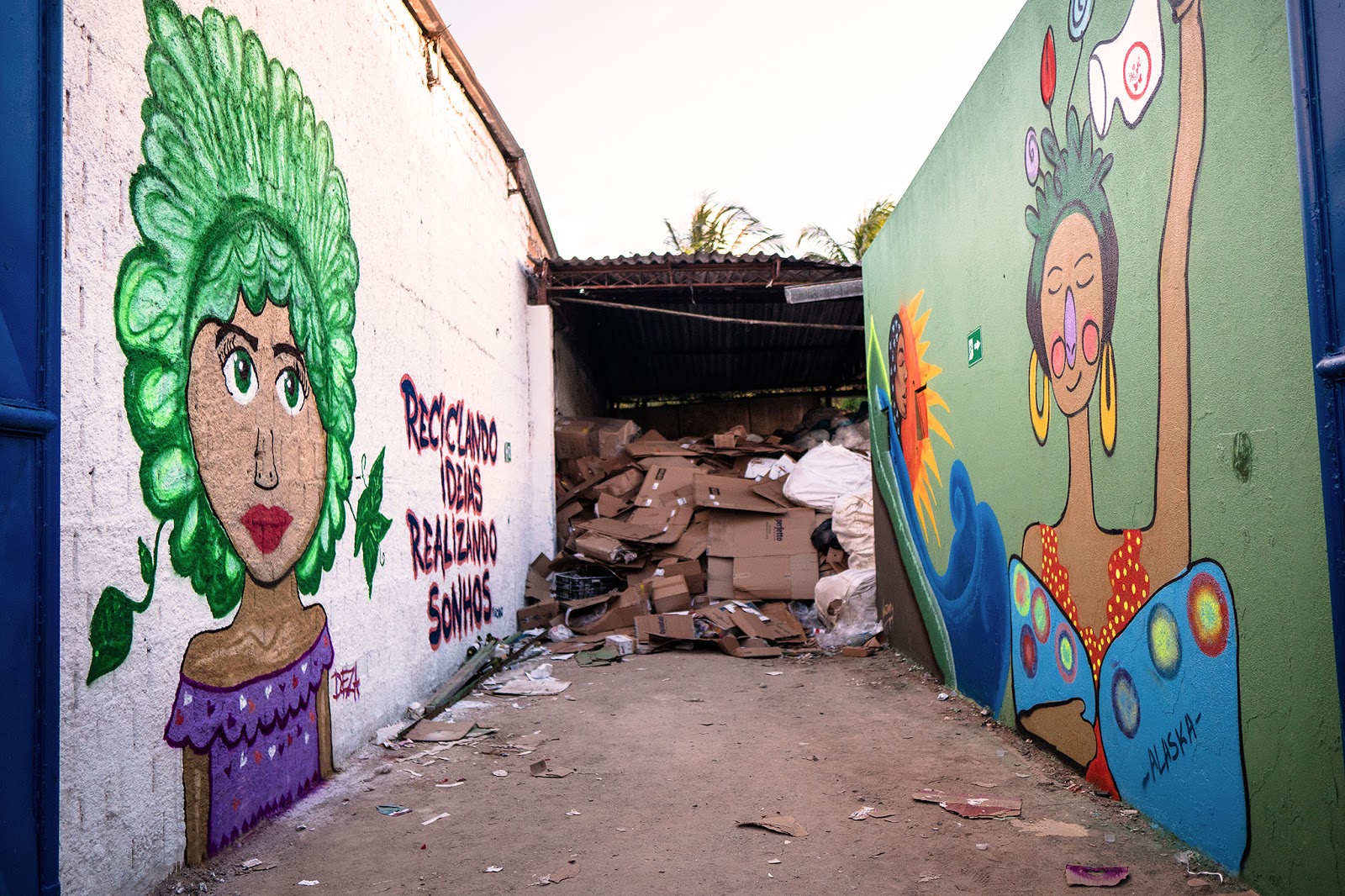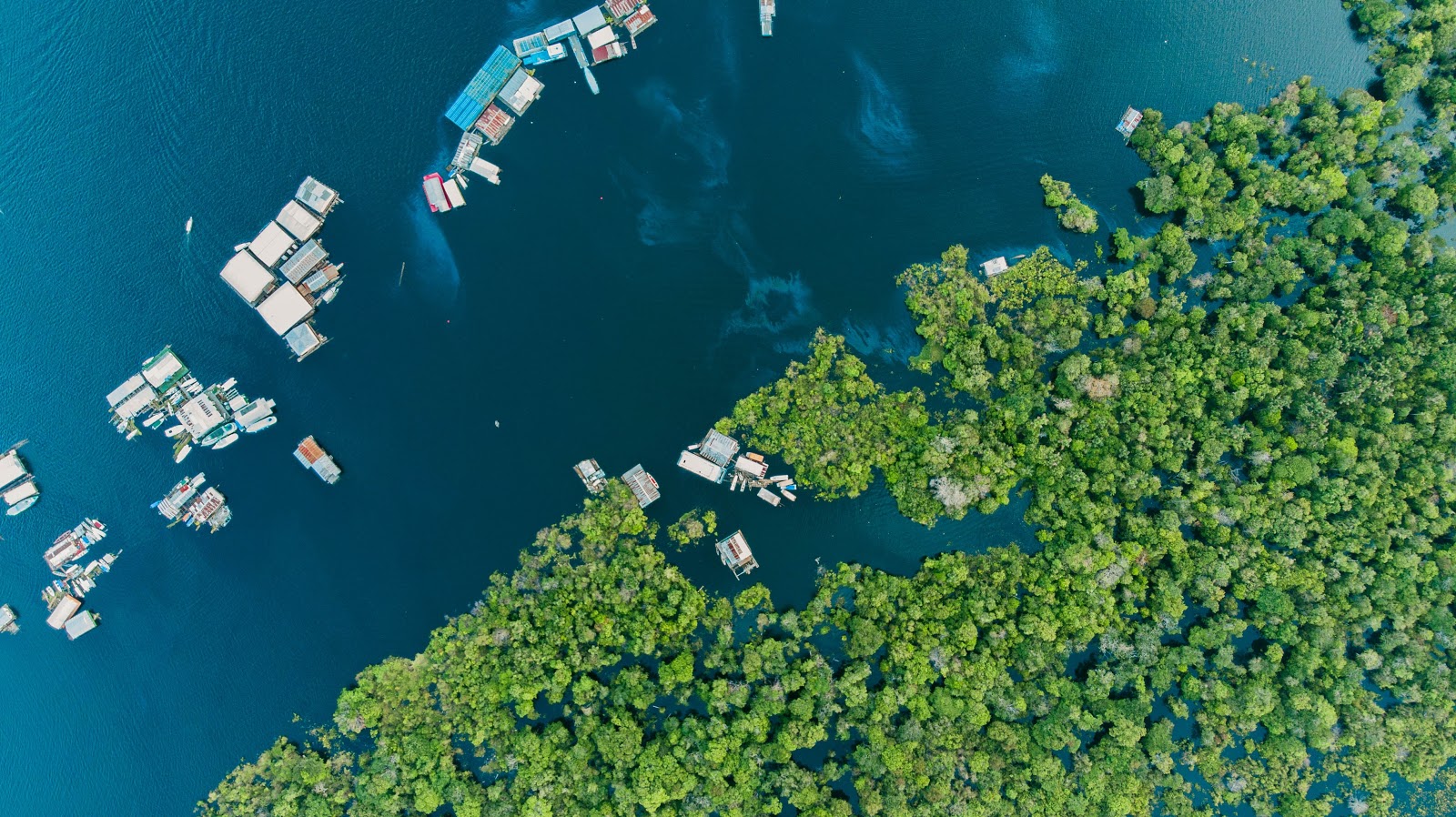
Are you applying to the No Waste Challenge in São Paulo and Rio de Janeiro?
In this brief summary, we dive deeper into local perspectives around waste, and highlight the specific challenges and opportunities facing this region.
Keep reading to learn more about submitting a project to the São Paulo and Rio de Janeiro city track.
BEFORE YOU APPLY WE RECOMMEND YOU FIRST READ:
São Paulo & Rio Finalistas
São Paulo & Rio BRIEF
CURRENT SITUATION
BETWEEN FORESTS AND OCEANS
Brazil is blessed with natural resources and cultural diversity. And perhaps nowhere is this more evident than in Rio de Janeiro and São Paulo. Only 500km away from each other, two of the largest cities in the world occupy a magnificent region nestled between the Atlantic Forest and the Atlantic Ocean. But with a combined population of around 35 million people, the environmental impact of this massive urban occupation is extremely troubling.

Mounting waste is just one part of a long chain of problems. Throughout the country, the extraction of natural resources happens almost without barriers. Environmental awareness is relatively low, and exaggerated consumerism is also well-accepted behaviour. After all, Brazilians usually associate abundance with love, happiness and success.
There is a feeling that the issues that Brazil faces are too enormous to solve. The complexity is such that it is difficult to know what to do and how to make things better. But despite all of this, there are a few important things that Brazil has in spades: like the wisdom of its indigenous population or the creativity of its local communities.

Challenges in SÃO Paulo and Rio de Janeiro
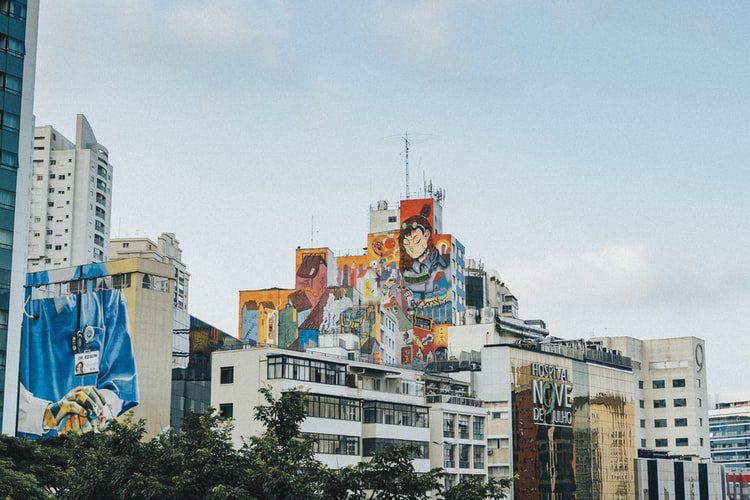
CITIES WITH INEQUALITY
Brazil is also a country of large contrasts, with disparaging inequalities in income distribution and overall quality of life. Social inequality in the country directly impacts how people take, make, and waste. São Paulo and Rio de Janeiro are the richest cities in the country and are also home to some of the most populous slums in Brazil. This creates great paradoxes such as the immense daily waste of food in the cities while other parts of the population go hungry. And the disregard for the climate and biodiversity has its greatest implications for those least fortunate.
This means that climate solutions and social inequality should be addressed as interrelated concerns. By improving our relationship with the environment we will improve conditions of life in our cities, and vice-versa.
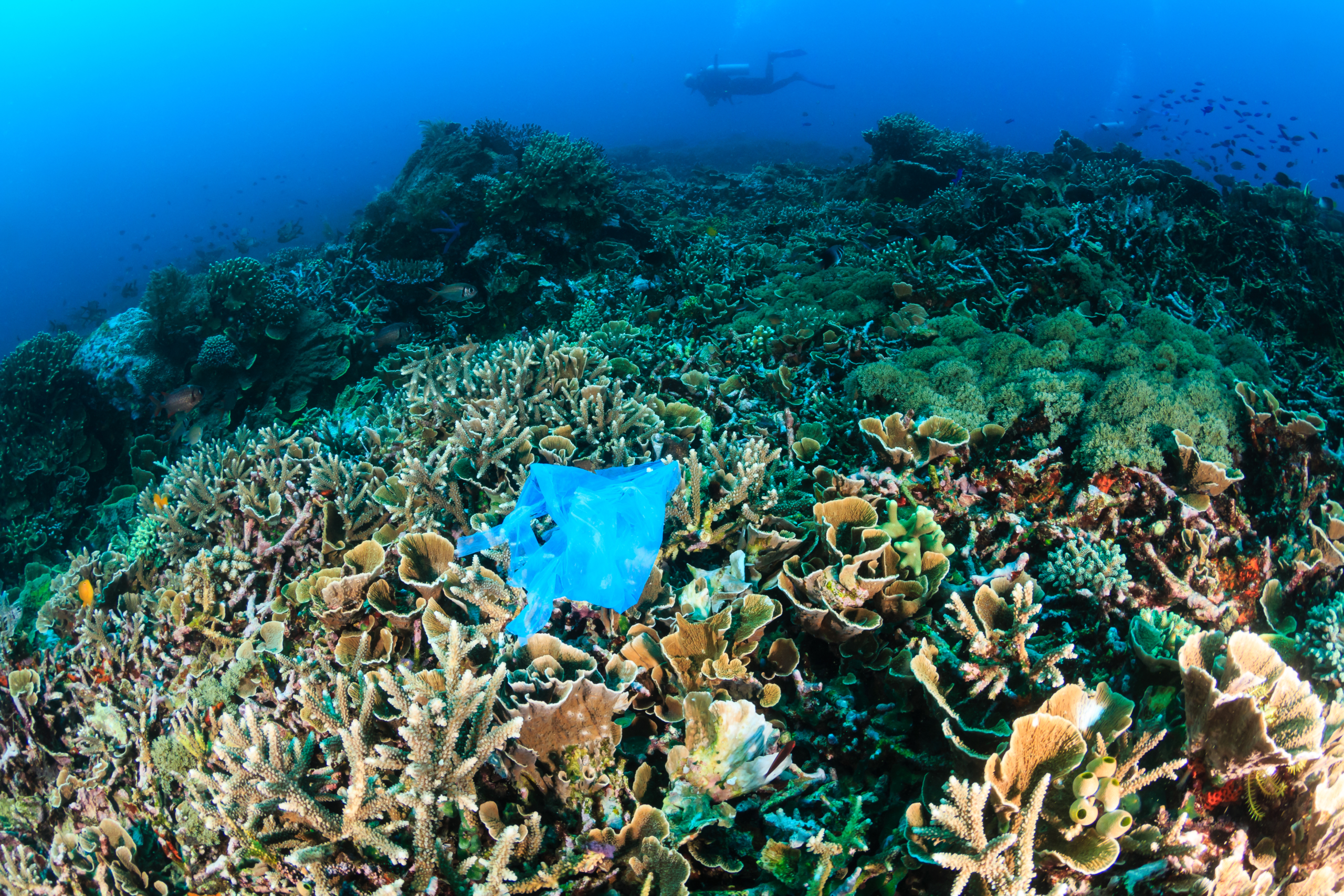
POLLUTING THE OCEAN
Did you know that Brazil is the 4th largest producer of plastic pollution in the world? The country also has low recycling rates. In other words, most of the plastic waste is accumulated in landfills, dumps or thrown out into the environment.
At least 70% of the waste found on Brazilian beaches is plastic, mainly from packaging. As plastic continues to flood our oceans, the list of marine species affected by plastic debris grows. In Brazil, more than 3,700 animals that have been necropsied were found to have ingested plastic waste. There are also negative impacts on fishing and tourism, on the quality of the landscape and on the high costs of waste removal and disposal.
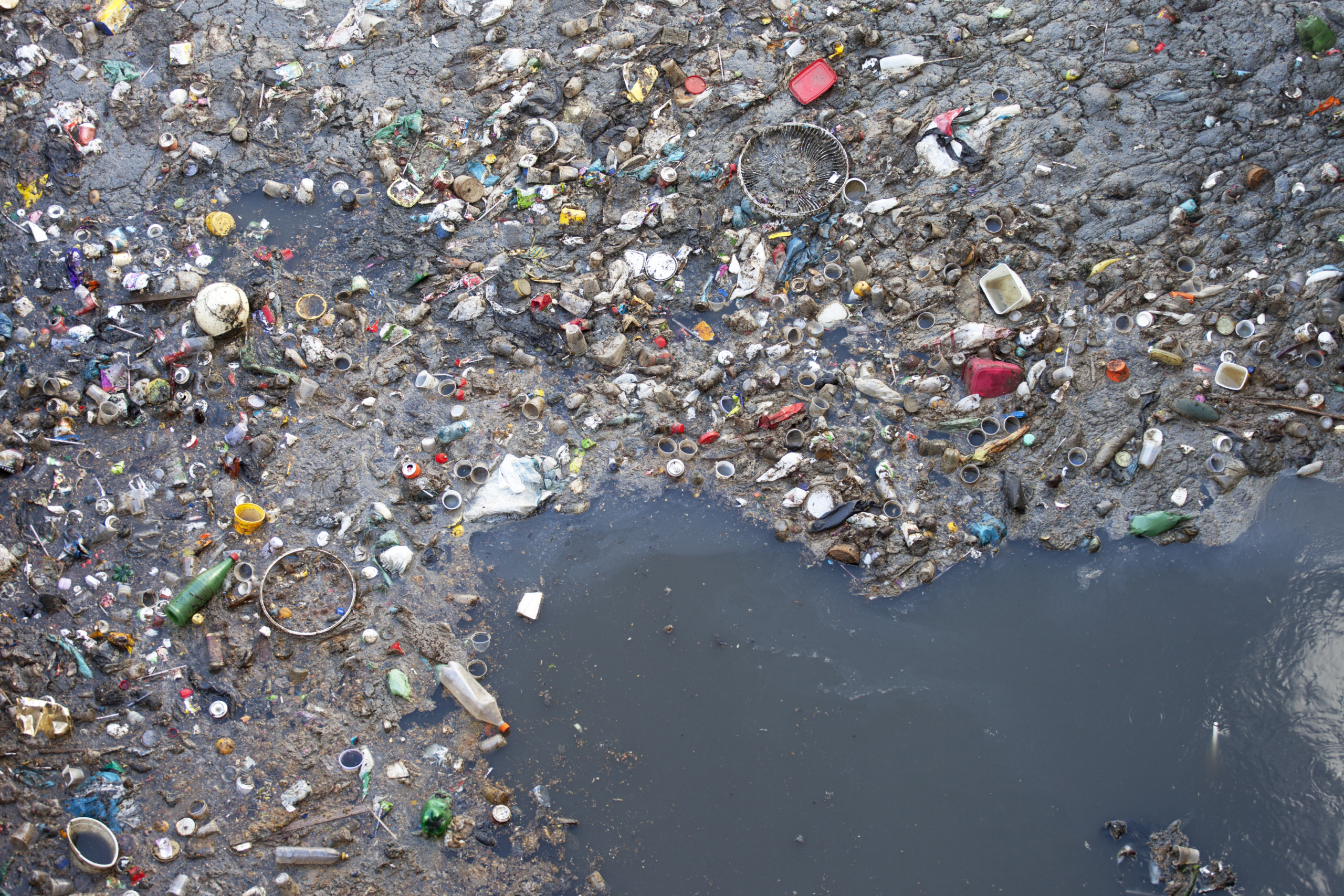
A GUANABARA BAY EMERGENCY
Guanabara Bay is considered by many marine scientists as one of the most polluted bays in the world. 70% of the sewage from 9 million inhabitants of the State of Rio de Janeiro now flows into the bay untreated. This is equal to 18,000 liters of sewage per second.
The health of Guanabara Bay, at the heart of Rio de Janeiro, has a direct impact on the lives of the surrounding population – approximately 9 million residents in 16 cities and along more than one hundred rivers, streams and canals. Ultimately, a healthier bay depends on a population with a better quality of life, and vice-versa.
insights on waste in São Paulo & Rio
LOCAL INSIGHT
REDUCE, REUSE & RETURN
To keep plastic out of nature, we need to reduce the amount of unnecessary and problematic plastic that is produced at the source. Companies need to assume their role in this vital cycle and reduce the amount of disposable plastics, by offering consumers alternative options. What is exciting is that well-known raw materials such as paper, aluminium and certified wood are gaining momentum as substitutes to plastic. Unusual and innovative materials also stand out, such as cups made from cassava pulp, seaweed and sugarcane-based packaging.
LOCAL INSIGHT
ABUNDANCE AND DIVERSITY
Brazil is known as the country where everything that is seeded, flourishes. The country also has abundant mineral and oil reserves. São Paulo is the city with the largest ethnic groups of Portuguese, Italian, Japanese, Spanish and Lebanese origins outside their respective countries. Abundance and diversity are terms that should always be in mind when thinking about Brazil and cities like São Paulo and Rio de Janeiro. It defines local potential and opportunities. It also defines behaviours, problems, and provides an extra layer of complexity to a continent-sized country with more than 211 million inhabitants, of which 35 million live in the greater São Paulo and Rio areas.
LOCAL INSIGHT
RESOURCEFUL COMMUNITIES
Waste management and access to basic sanitation varies in different areas of São Paulo as well as in Rio de Janeiro. There are places where there is no garbage collection at all. The silver lining is that in these peripheries and underprivileged communities, there are exceptional initiatives taking root, such as community gardens, campaigns for the integral use of food, and actions focusing on the repair and reuse of household objects.
LOCAL INSIGHT
INDIGENOUS WISDOM AND CLIMATE RESILIENT DESIGN
Since the first colonizer stepped foot in Brazil, the wisdom of those who lived on this land for thousands of years has been by turns ignored, neglected, and destroyed. However, there is now a greater awareness of our need to learn from those who have lived symbiotically with nature.
Indigenous technologies work with nature instead of trying to conquer it. Once developed and scaled, these indigenous technologies could offer a new path to shrink the ecological footprint of humankind.
WHAT CAN DESIGN DO FOR SÃO PAULO & RIO?
So where can designers make a difference? With the help of our partners, we’ve highlighted some key opportunities and case studies relevant for São Paulo and Rio de Janeiro, but there are plenty more! Refer to the global briefs for further inspiration.
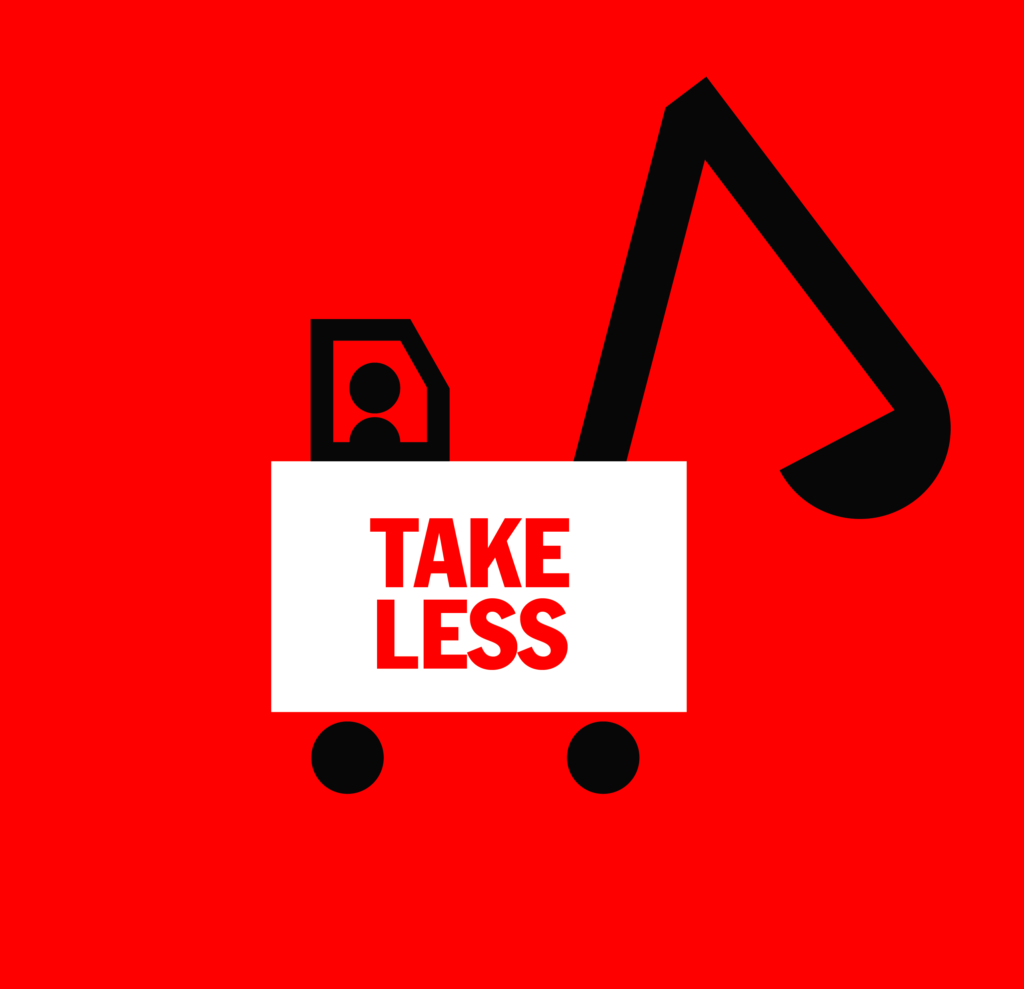
OPPORTUNITIES FOR DESIGN
This design brief asks: how can we use fewer natural resources and consume more mindfully? Take São Paulo’s and Rio de Janeiro’s needs into account by considering the following opportunities.
- In Brazilian culture, consumption is often viewed as something aspirational. Can we encourage other forms of status tied to the social good instead?
- We must learn to protect and regenerate our forests, oceans, and urban ecosystems. How can we be inspired by Brazil’s indigenous people, to design solutions that work in synergy with the environment?
- Brazil is known as the country where everything that is seeded, flourishes. How can we respect this abundance and diversity, by designing products that have a net zero (or nearly zero) negative impact on our environment?
GET INSPIRED
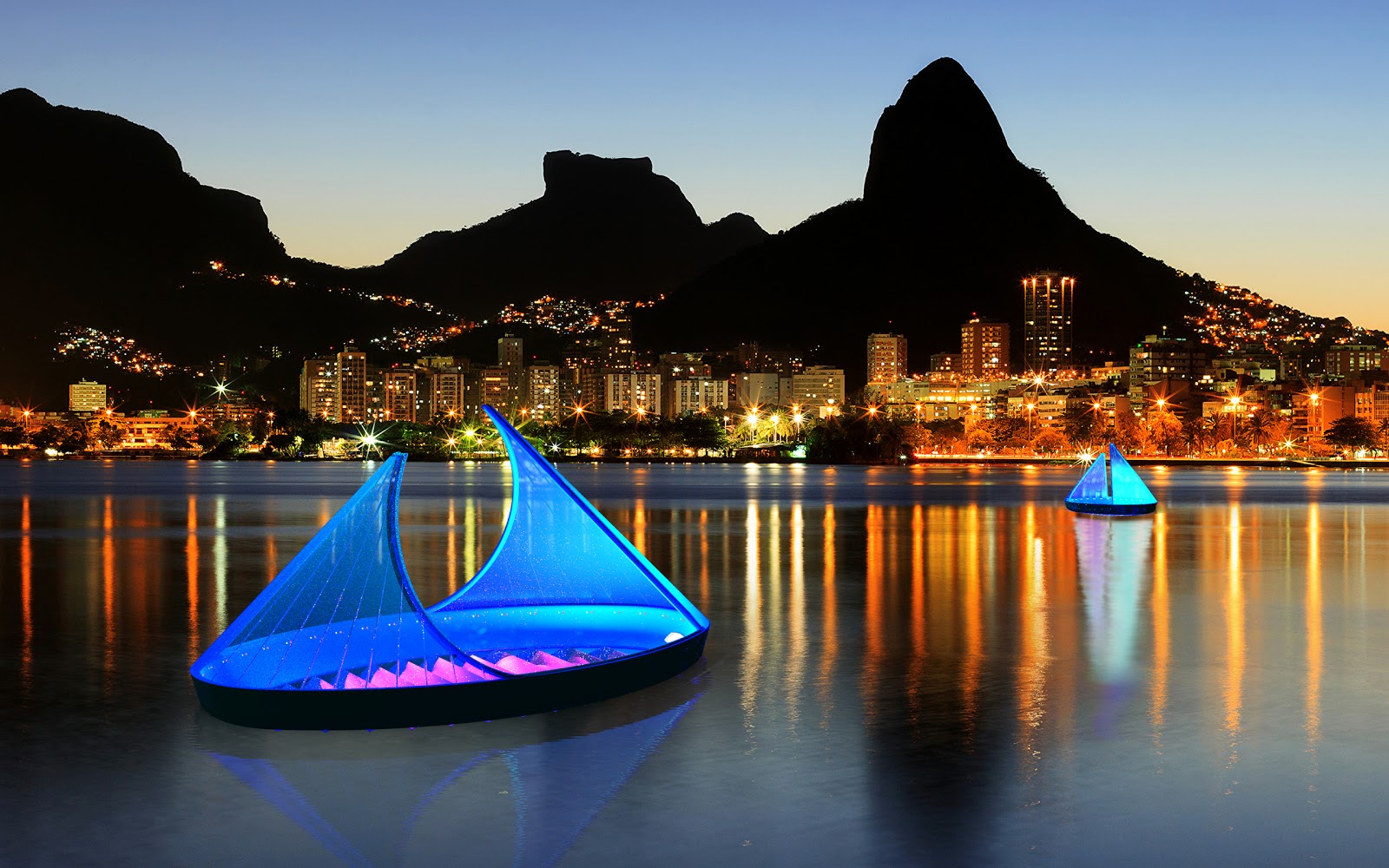
CARAVEL PROJECT
The Caravel is a sculptural urban intervention that aims to raise awareness about water pollution while treating it on a microscopic level. Developed by Infinito Mare in a partnership with Furf Design, the project is based on a highly sustainable biomimetic design approach. Each Caravel is an optimized innovation that allows algae to grow using water pollution as a food source. The goal is to use urban recycled plastic to create more Caravels.
The Caravel Project contributes to 12 out of the 17 UN Sustainable Development Goals.
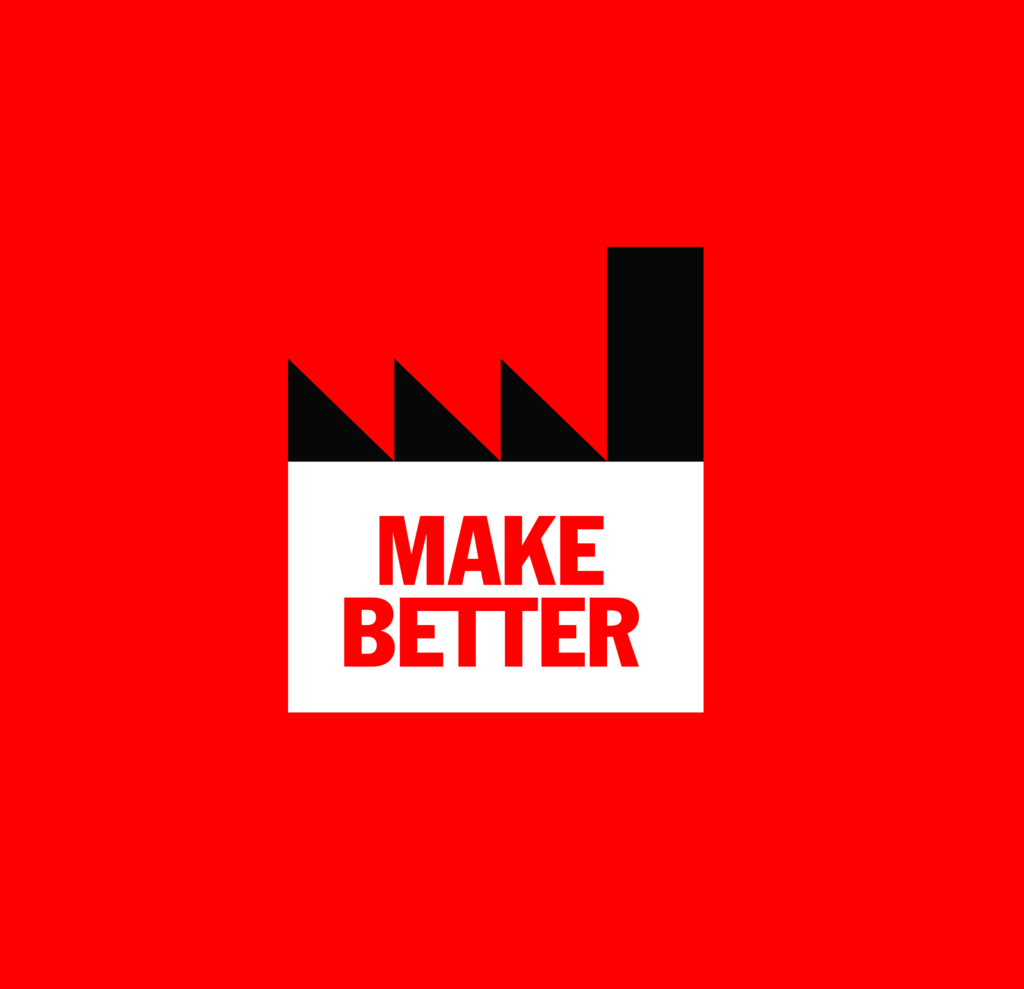
OPPORTUNITIES FOR DESIGN
This design brief asks: how can we make products and materials that are kept in use or regenerate natural systems? Take São Paulo’s and and Rio de Janeiro’s needs into account by considering the following opportunities.
- Gambiarra is the Brazilian way of solving problems with low costs, little materials and lots of improvisation. How can we encourage sustainable ways of making that capitalize on what Brazil has in abundance: workforce and creativity?
- Think about slim and smart packaging. How can we create products that do not have waste as an unintended byproduct?
- Good design can make reusing things more appealing, even to consumers who are accustomed to single-use products. How can we encourage the reuse of products, while avoiding materials that take decades to biodegrade?
GET INSPIRED
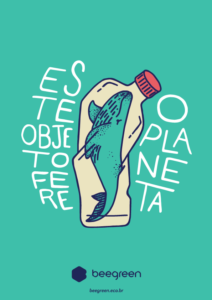
BEEGREEN
This Brazilian brand aims to contribute to a shift in consumption habits and to boost awareness about the environmental impact of a fair economy. They do that by offering sustainable products and services to people, events and businesses. By giving individuals sustainable options, Beegreen believes that the users of their products have contributed to divert tons of items from landfills and other disposal areas. They offer, among others, personalized iron straws, eco-bags, cups and packages.
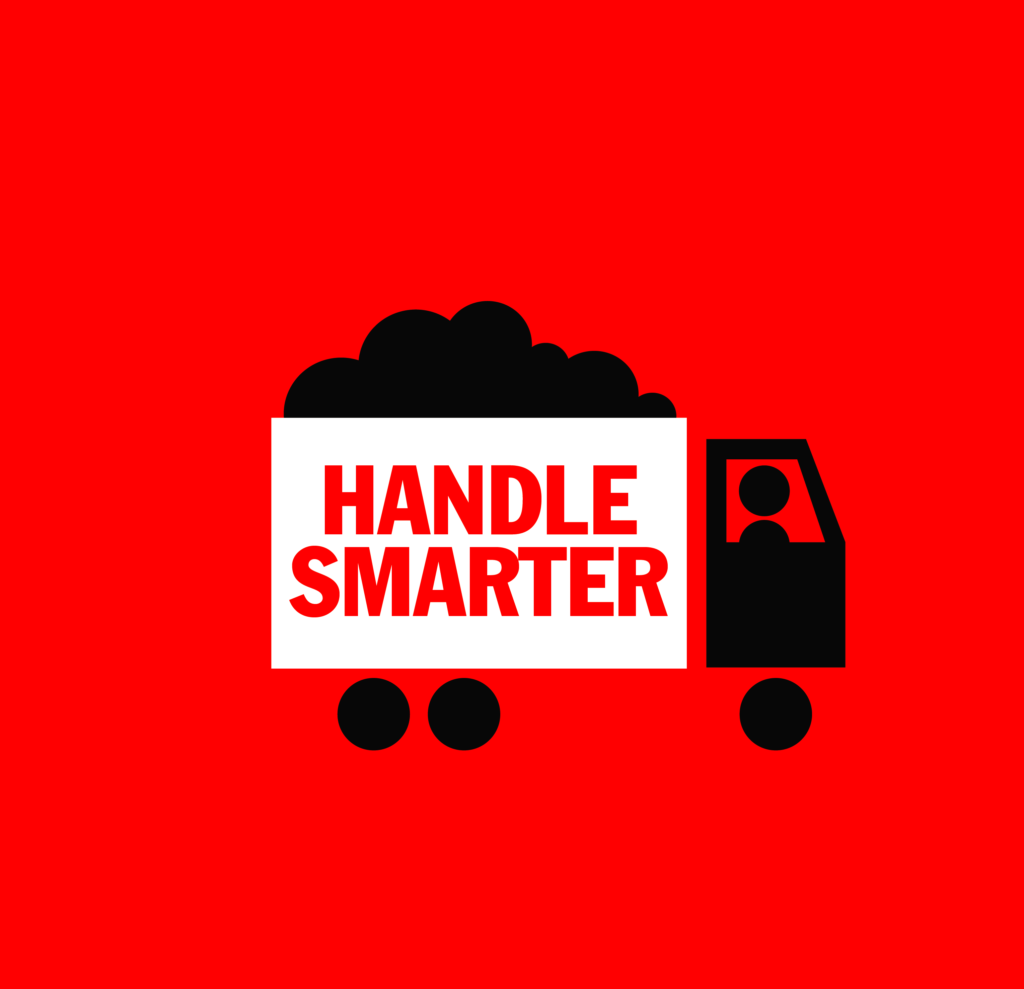
OPPORTUNITIES FOR DESIGN
This design brief asks: How can we use waste as a resource or dispose of goods more responsibly? Take São Paulo’s and and Rio de Janeiro’s needs into account by considering the following opportunities.
- Let no waste go to waste. How can we design products that use waste as source material for a new cycle of production?
- São Paulo and Rio de Janeiro are enormous cities, with complex ecosystems. How can we streamline delivery systems of goods and materials in order to minimize waste?
- Brazil is a land of plenty. There should be little need to import things from far and wide. How can we encourage production and consumption to take place locally, requiring less travel and waste?
GET INSPIRED
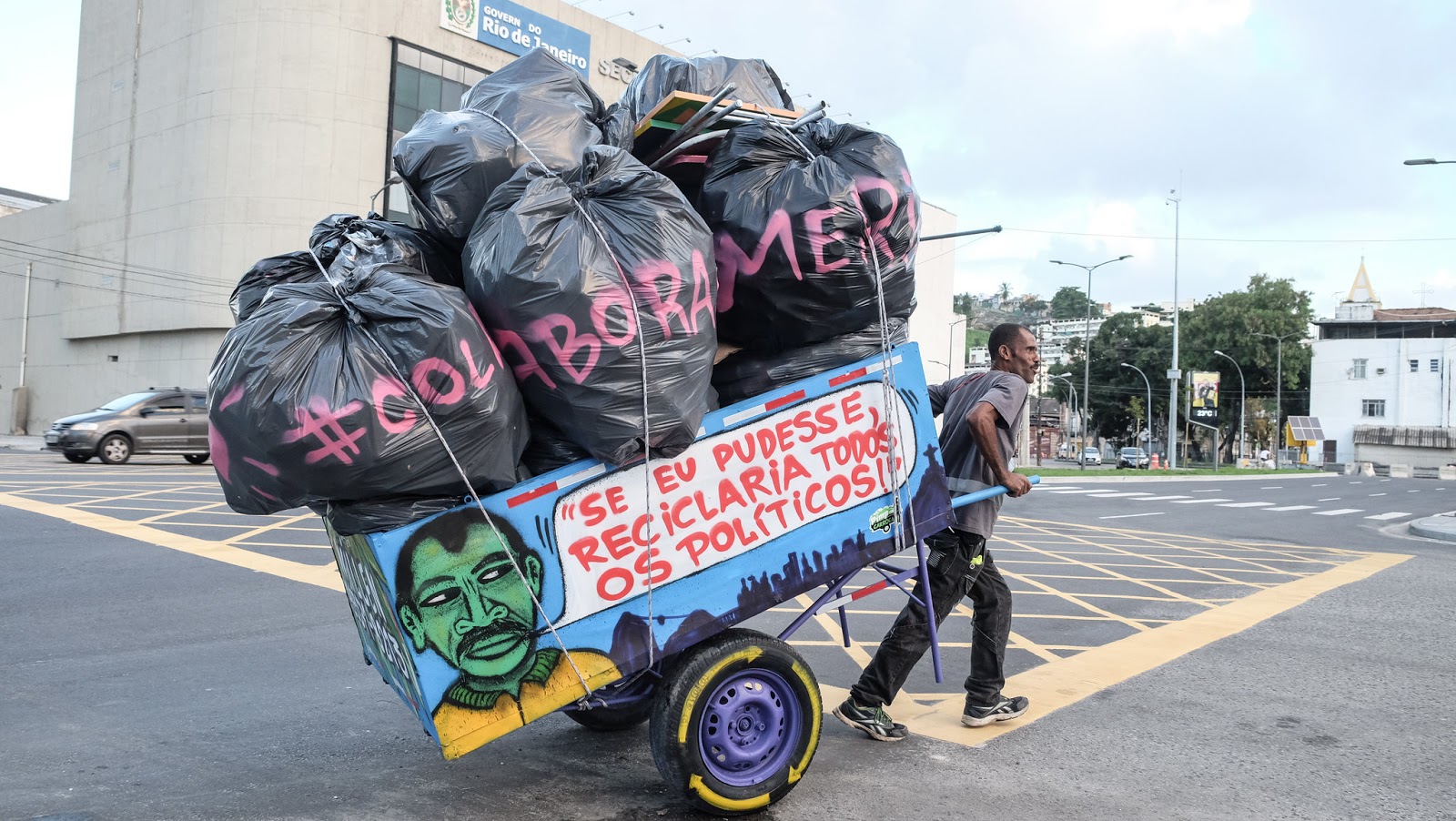
PIMP MY CARROÇA
Pimp My Carroça is a movement that began in 2012 to lift waste pickers out of their invisibility – and to increase their income – through art, awareness, technology and collective participation. Its mission is to develop creative and collaborative actions that positively impact the recognition and fair remuneration of waste pickers and collectors of recyclable materials in Brazil by civil society, and public and private powers.
REFERENCES AND FURTHER RESEARCH
To learn more, here are the main sources used for creating this briefing
-
Socio economic situation of São Paulo
-
Recycling in Brazil
-
Circular Economy in São Paulo and Brazil
-
Other
-
We also would like to thank the collaboration of the following specialists in the research phase
Agustina Comas, Comas
Ana Carla Albuquerque, SEBRAE
Anna Romanelli, Fundação Avina
Barão Di Sarno, QuesttoNó
Beatriz Luz, Exchange 4 Change
Davi Martins, Greenpeace
Ernesto Abud, Halfnomads
Fred Gelli, Tátil
Lucas Nieto, Climate Ventures
Mônica Esmanhoto, Além
Mundano, Pimp my carroça / Cataki
Renato Saraiva, Virada Sustentável
Ricardo Sardinha, Gastromotiva
Tania Sassioto, Eu Reciclo
Túlio Vinicius, Vital Engenharia Ambiental
Alexandre Fernandes, MOTI Foundation
Ana Paula Teixeira, MOTI Foundation
Raul Smith, MOTI Foundation
Lara Iwanicki, Oceana
The global research was led by WDCD and STBY, and in Brazil by Flutter in collaboration with Mandacaru,
and has the kind support of iCS – Instituto Clima e Sociedade as well as the Consulate of the Netherlands in São Paulo.
São Paulo & Rio selection committee

Alexandre Fernandes is an international cultural developer driven by social and environmental justice. Born and raised in Recife, Brazil, he has lived and studied in several countries. Alexandre founded MOTI New Planetary Narratives in the Netherlands, a living lab derived from the Museum of Tomorrow in Rio de Janeiro. He aims to inspire, empower and connect people around the world to join new narratives that build a future that is trust-driven and regenerative for all.

Amanda Costa An anti-racist ecofeminist, Amanda has a degree in International Relations, runs PerifaSustentavel, is a columnist for Agência Jovem de Notícias, a podcaster at Direto da Base and acts as a network mobilizer for Youth Climate Leaders. Leadership Forbes Under 30, Amanda aims to mobilize young people to build an inclusive, collaborative and sustainable planet, through the UN Youth Ambassadors, Global Shapers Community and United People Global networks.

Barão di Sarno is the Founding Partner at QuesttoNó Manyone. Designer, musician, artisan and writer, Barao leads our experimental projects and initiatives. He seeks ways to connect Questtono Manyone to society and challenge preconceptions to find solutions for contemporary problems. Barão is also vice-president of the institute “The City Need You”, a collective that aims to improve life in cities through the activation of public spaces.

Beatriz Luz is the CEO at Hub Economia Circular Brazil. Beatriz is a chemical engineer, passionate about gathering people and articulating change, determined to influence best business practices in Brasil. In 2015, Beatriz funded the Exchange 4 Change Brasil, meaning to propel the transition to circular economy in the country. Today, she leads the Circular Economy Hub, initiative that gathers companies with the goal of materializing circular solutions integrating various productive chain actors, transforming business mindsets.

Bebel Abreu is an architect, cultural producer and editor. Born in João Pessoa, she lived in Brasília, Vitória and Munich before settling in São Paulo in 2004. Bebel is the director of Mandacaru, brazilian associate of What Design Can Do, and produces exhibitions and conferences related to design and graphic arts. In 2012, she founded Bebel Books and published over 80 titles about illustration, calligraphy, photography and comics.

Fabricio Goulart is the CEO & Founder at Feitosa Gourmet. Fabricio has studied in Vancouver, Canada, has lived in Thailand and on his return to Brazil, was an intern at the restaurants D.O.M. and Reffetorio. Fabricio was also a member of MasterChef’s gastronomic consulting team, at Bandeirantes network, and participated in The Taste Brasil and Shark Tank programs. He currently develops consulting projects and culinary experiences, with the purpose of reframing food and sustainability.

Gustavo Pinheiro is Coordinator of the Low Carbon Economy Portfolio at iCS – Instituto Clima e Sociedade. For over 20 years Gustavo contributed to the design and development of policies, programs, organizations, funds and businesses leading to the new model – one that is digital, decentralized and decarbonized, engaging new leaders and the market to harvest the transition’s opportunities in climate smart and resilient investments.

Helena Terzella is an Inspection Agent and Technical Assistant at the Urban Cleaning Municipal Authority, Municipality of São Paulo. Biomedical scientist graduated by the Paulista School of Medicine at UNIFESP, Terzella works in the São Paulo City Hall at the Urban Cleaning Municipal Authority for 19 years acting as a manager for solid waste and urban cleaning and offering technical consultancy to the Urban Planning and Development Directorate in special projects and programs.

Lara Iwanicki is the Campaign Manager for Oceana Brazil. Lara has a Master of Environmental Management by Yale University and graduated in Environmental Engineering by UNESP. Lara Iwanicki has worked with various international organizations in projects related to marine conservation and fishing management. In Oceana, the largest non-profit dedicated to the oceans, Lara is the manager of the Campaign Ending Single-use Plastics, and the author of the studies “Ocean free of plastics” and “Brazil Fishing Audit 2020”.

Levi Girardi is the Co-founder and CEO at Questtonó Manyone. Levi is a celebrated product designer and leads business development, office management, and partnerships at Questtono Manyone in Brazil and the USA. He has been a juror for many awards and has won more than 170 international awards, including iF Design, RedDot, and more throughout this career.

Lucas Nieto is a Project Manager at Climate Ventures. Lucas encourages healthy growth of the sustainable ecosystem in Brazil, managing climate entrepreneurship projects at Climate Ventures. He’s the National Lead for ClimateLaunchpad- a global competition for green business ideas. With professional training in a multinational company, family business, and twice as an entrepreneur, he applies his knowledge in creating new socio-economic dynamics, favoring a green economy.

Luciana Pellegrino is the Director of ABRE. Specialized in environmental sciences, Luciana acts building bridges, connections and collaborations to foster the growth and development of the packaging and consumption chain, in Brazil and internationally. Luciana is interested in elaborating business models, mindsets for innovation, understanding the power of ecosystems, packaging circular economy, consumer education for recyclability and conscious consumption.

Ludovica Leone is a Managing Partner of Estúdio Guto Requena. Graduated in Architecture at the Universitá degli Studi Roma Tre, in Italy, she moved to São Paulo in 2011. In 2016 she started her collaboration with Estudio Guto Requena, to which she joined in 2019. She acts as director of the office and coordinator of the Architecture Nucleus. With a focus on the development of corporate interior projects, today she leads the area of research on the future of workspaces.

Marcela Sabino is the Head of Innovation at the Museum of Tomorrow. Marcela Sabino is a specialist in innovation and for almost 5 years led the Laboratory of Activities of Tomorrow, developing prototypes for better futures using traditional and exponential technologies such as artificial intelligence, digital fabrication, robotics, big data and the internet of things.

Tania Sassioto is the Director of Projects & Partnerships at EuReciclo. Passionate about the waste theme, Tânia has worked with innovation, product development and packaging at Diageo and SCJohnson. She was the business director for packaging design. Graduated at ESPM and postgraduate at FGV, she has a degree in Design for Sustainability from Gaia Education, a multiplier of System B and a volunteer at the Ecob Bairro Institute.











